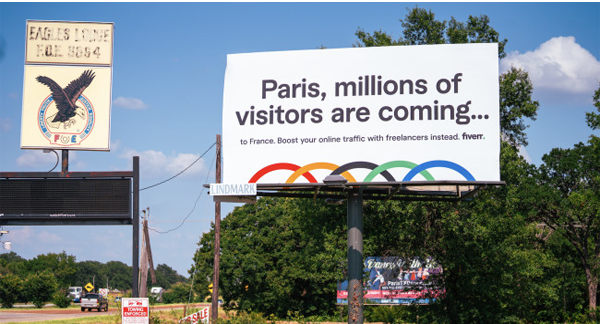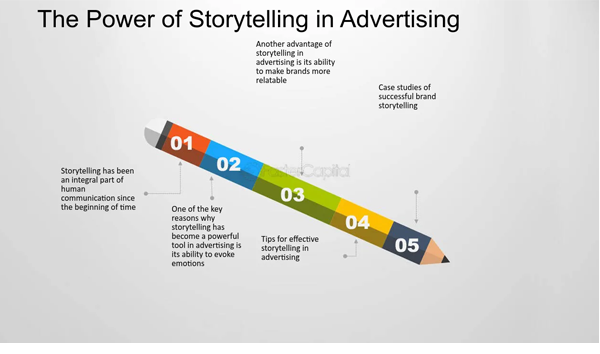
I’ve always been fascinated by the power of stories and the ability they have to transport us to a whole different world, evoke strong emotions, and leave a lasting impression.
And, when this storytelling gets combined with a marketing strategy, it becomes a powerful tool that can be used to captivate the audience and drive results.
In fact, it is so powerful that effective storytelling in advertising can lead to a 30% increase in conversion rates, which is huge, by the way. (Source: Leapmesh)
So, in this read, I will navigate through the art of storytelling in advertising, along with how it can help you achieve greater success in your marketing strategy.
Let’s start!
The Connection Between Storytelling and Brand Identity
I’ve always seen successful businesses create a strong brand identity around their products and services. Not only does this set them apart from their competitors but also helps create a monopoly in the market. For instance, in July 2024, freelancer market Fiverr launched a cheeky billboard advertising solutions in Paris for the Paris Olympics, which was an interesting move to catch the audience’s attention.

But, what truly gives brand a meaning is the storytelling that it presents. So, by crafting a compelling story around your brand, you can also build an emotional connection with your brand and build a loyal following.
The Emotional Impact of Storytelling in Advertising
As a consumer myself, I often get drawn to ads that can evoke a wide range of emotions in me, be it joy, sadness, or empathy. Businesses can use these emotions to create a lasting impression and foster a deeper connection with their audience.
So, to dive a bit deeper into the power of storytelling in advertising, take a look at the below infographic:

Engaging Diverse Audiences Through Storytelling
In today’s fast-paced environment, where a business audience can be so diverse, creating stories that resonate with people from all walks of life, is necessary. This is why it is often suggested to incorporate diverse perspectives and experiences into your storytelling to create a more inclusive and impactful campaign.
Do You Know?
According to the Search Engine Watch, 62% of marketers believe that storytelling in content marketing is the highest tactic.
The Role of Digital Media in Storytelling
The rise of digital media and interactive technologies has just revolutionized the way businesses engage with their audience. Brands now have the opportunity to create some immersive storytelling experiences by using video platforms and digital platforms.
So, if you’re also looking forward to creating a brand story that is personalized and interactive, you can harness the power of digital media into your marketing strategy.
Storytelling’s Influence on Customer Purchase Decisions
I’ve seen enough examples of businesses that have successfully leveraged storytelling to influence customer behavior. These brands often use personal anecdotes and behind-the-scenes glimpses to humanize their products and services.
And, there is no doubt that consumers are more likely to buy from brands that create a deeper emotional connection and resonate well with the customer’s values and aspirations. This is a great approach that can help businesses stand out in the crowded marketplace and drive long-term growth to their company.
Adapting Storytelling Strategies to Changing Trends

Just like any other marketing strategy, the nature of storytelling in advertising is constantly evolving. These changing trends are often shaped by shifting consumer preferences and technological advancements. And, it is also essential to keep pace with these changes, as what worked yesterday might not work today.
One major trend that I would like to mention here, is the rise of short-term video content. Social media platforms like TikTok and Instagram Reels have revolutionized the way we consume stories.
So, businesses now have to craft some concise and visually appealing content that is also highly shareable to drive meaningful results. One way companies can check whether their marketing campaign is perfect is by using an A/B testing method, as this helps put your marketing in the perfect place.
The Bottom Line
In closing, the art of storytelling has been a timeless technique that has always been of great use to captivate the audience. As a storyteller myself, I’ve firsthand experienced the power of well-crafted narratives. So, by understanding the principles of storytelling in a marketing strategy, businesses can create more engaging and impactful campaigns.

